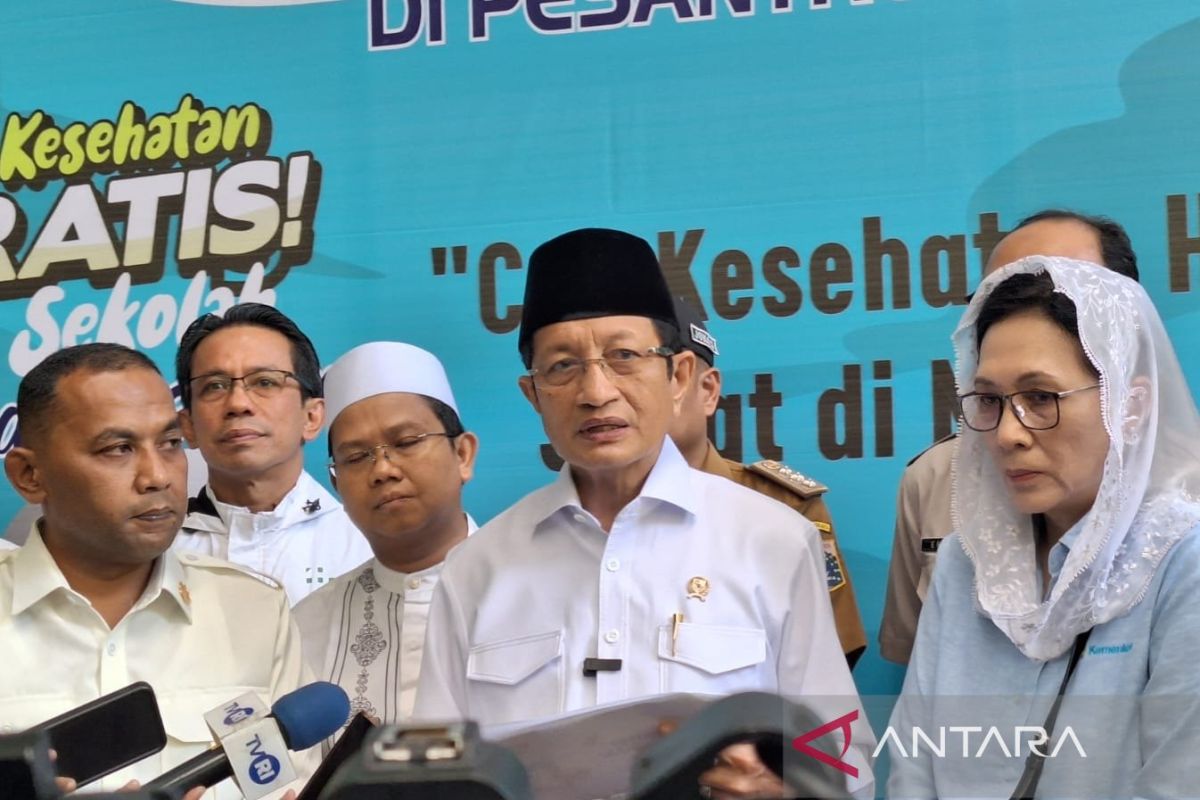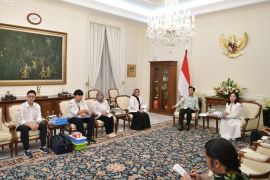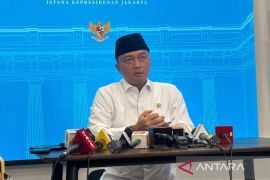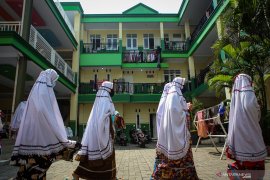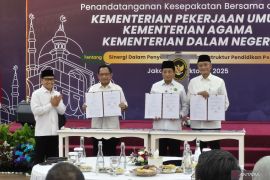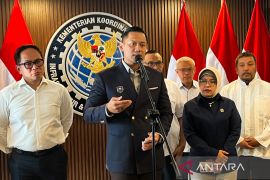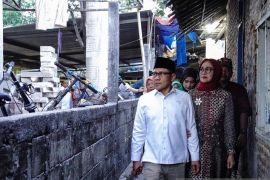“Maintaining cleanliness and health is not merely a worldly matter—it is also a form of worship. In fact, preserving life (hifdzun nafs) is one of the core objectives of Islamic law (maqashid al-sharia),” the minister said while reviewing the Free Health Check (CKG) program at Asshiddiqiyah Islamic Boarding School (Pesantren) in Jakarta on Monday.
He expressed the hope that the CKG program, one of President Prabowo Subianto’s flagship initiatives, will help detect potential health issues among students (santri) at an early stage.
He informed that he has received numerous reports of students suffering from health problems, particularly eye strain caused by improper reading habits.
“This activity is crucial to ensure that students can continue learning while remaining physically healthy,” he added.
The Grand Imam of Istiqlal Mosque also underscored that human resource quality does not solely concern intelligence and character but also physical well-being.
“This program is a strategic effort to build a superior future generation. Intelligence cannot reach its full potential if the body is unwell. So, let us treat this CKG initiative as a reminder to take better care of our health and surroundings,” he said.
Meanwhile, director general of Islamic education at the Religious Affairs Ministry, Amien Suyitno, informed that there are currently over 352 thousand Islamic educational institutions under the ministry’s supervision, serving more than 12.7 million students.
They include more than 42 thousand Islamic boarding schools (pesantren) with approximately 4.6 million students.
“This shows that student health is a matter that cannot be overlooked. Regular health checkups like this are not just important—they are urgent,” he said.
He further said that the Asshiddiqiyah Pesantren in Jakarta, the site of the CKG event on Monday, hosts around 830 students from various educational levels, including Islamic senior high schools (MA), Ma’had Aly, Madrasah Diniyah, and orphan-focused institutions (Ma’had Aitam).
The school also has an active Islamic Boarding School Health Post (Poskestren) that provides basic healthcare services, education on hygiene, and health monitoring services for students.
“Nevertheless, the Poskestren still needs continued guidance from the Ministry of Health to ensure its services meet national standards and can adequately address the students’ basic healthcare needs,” Suyitno said.
He also stressed the importance of expanding the CKG program to more Islamic boarding schools and other Islamic educational institutions.
“Programs like this are not only a form of public service—they are a long-term investment in developing a generation of healthy, intelligent, and environmentally conscious students,” he added.
Translator: Asep, Azis Kurmala
Editor: Aditya Eko Sigit Wicaksono
Copyright © ANTARA 2025
